The American dream to most Americans means a successful career, a happy family, and homeownership.
Data shows that homeownership in the US is at 65.8 percent,(1) about 38.5 percent of people under 35 years own their homes. Meanwhile, 33 percent of millennials are currently saving to buy their homes.
Townhouses and condos are two of the most popular options. But deciding on the one that suits your lifestyle and budget is a big decision.
This townhouse vs. condo comparison helps you uncover what’s right for you.
Townhouse vs. Condo: Similarities and Differences
What Is a Townhouse?
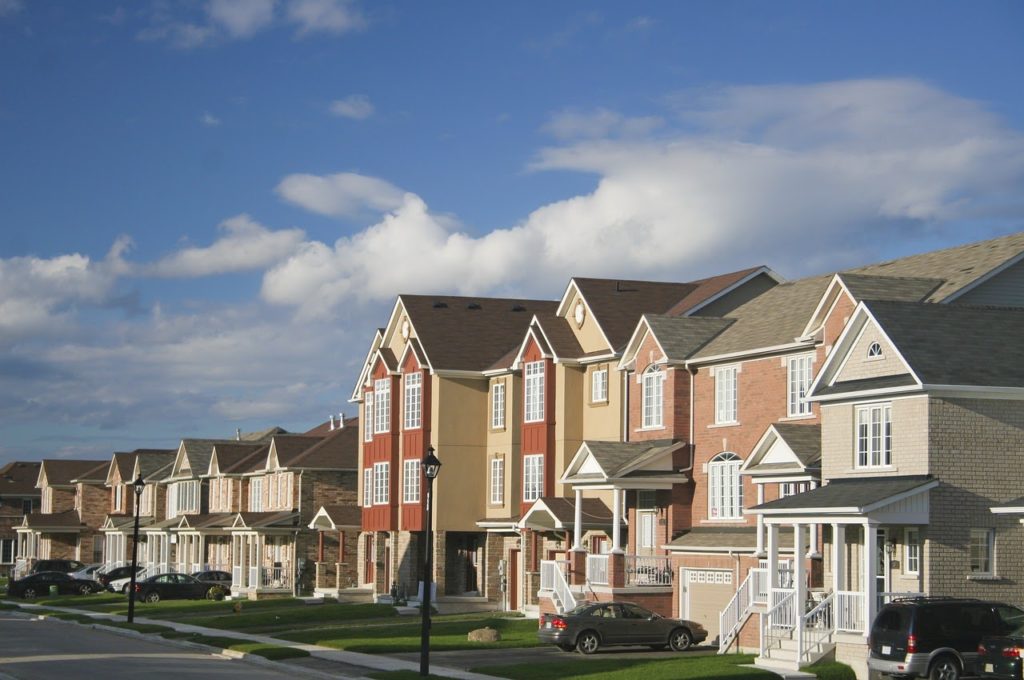
A typical person probably sees a house as a free-standing single-family residence with front and back entrances and a garage.
Townhouses are typical houses, but they often share at least a wall with another unit and sit side-by-side in a row, stretching over a considerable land expanse.
They are traditionally one to three stories tall, have front and back yards, and usually build them along the street.
What Is a Condo?
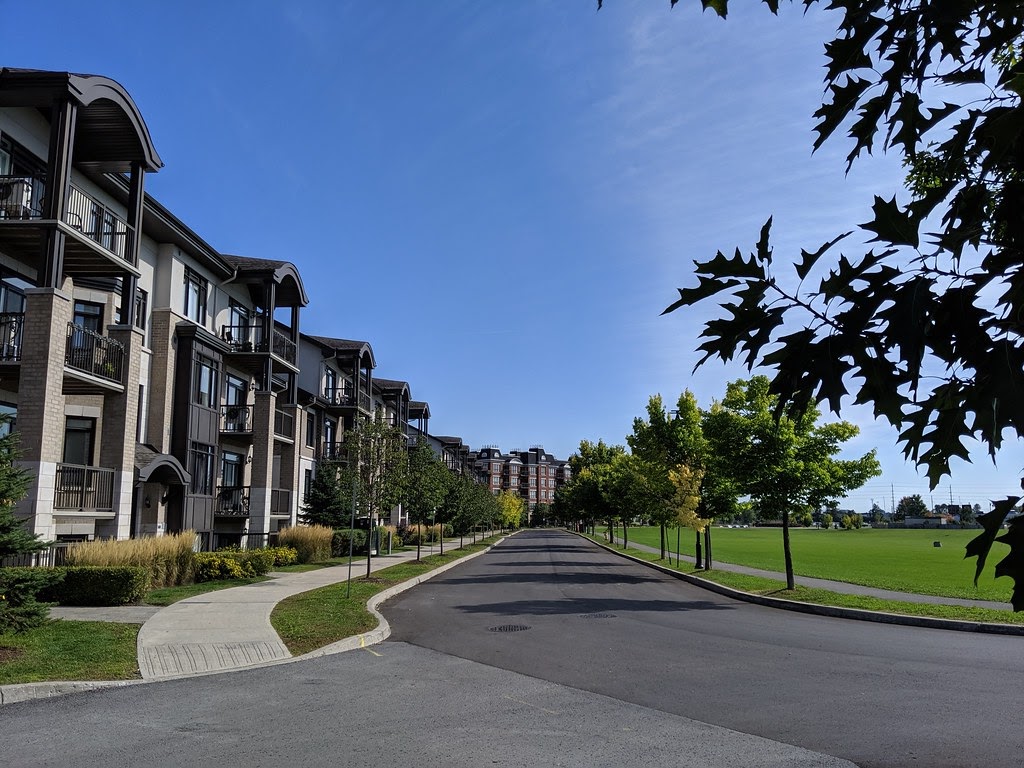
A condominium is a privately owned residence within a complex of other similar units.
When people buy a condo, they own their units and share joint ownership of the building and its common areas with the other owner-tenants.
Condos usually sit in high-rising buildings, and the residents share an elevator, gym, garages, hallways, and other common areas.
The condo owners take care of their condo’s interiors, while the Homeowners Association manages and cares for the common areas and the entire property.
Townhouse and Condo Similarities
Townhouses and condos share some striking similarities. Here, we’ll explore some of them.
- Townhouses and condos both offer communal living to residents.
- Most townhouses and condos have HOAs, and their rules could be stifling.
- Both are popular among millennials and inexperienced home seekers, and such have high demands.
- Condos and townhouses have high resale values.
- When compared to single-family houses, condos and townhouses have limited maintenance responsibilities.
- Some condos and townhouses have common areas like gym, tennis court, swimming pool e.t.c
Condo vs. Townhouse Differences
Townhouses and condos differ in many areas. Let’s check them out.
- Townhouse owners own both the interior and exterior of their homes and the land around them. In contrast, condo owners own only their units while collectively owning the property with the rest of the condo owners.
- Condo owners are only responsible for their homes’ interiors, while townhouse owners are responsible for both the interior and exterior of their homes.
- The HOAs are more active in condos than in townhouses.
- Condos pay significantly higher HOA fees than townhouse owners.
- Townhouses pay more in insurance than condo owners.
- Condos offer better levels of security to their residents than townhouses.
- Generally, townhouses offer better privacy to their residents than condos, and they also enjoy more freedom.
- Condos are usually in high-rising buildings, while townhouses sit in rows and are generally between one to three stories high.
- Condo residents share a garage, while some townhouses have their own parking spaces.
- Townhouses have separate entrance areas or patio and open spaces, whereas condos share entrances and exits.
- Condos are usually less expensive than townhouses to purchase.
- Townhouse owners can customize their homes within their HOA guidelines. Condo owners can not, except for their units’ interior.
- Condos offer more community lifestyle and socializing opportunities than townhouses.
Advantages
What advantages do townhouses and condos offer their owners? Here, we’ll find out.
Townhouse Advantages
Here are the advantages of a townhouse:
- Townhouses offer more freedom and privacy to residents.
- Residents pay lesser HOA fees.
- Townhouse owners can customize their homes.
- Some townhouses come with their own spaces kids can play in or walk the dog.
- Residents don’t share entrance areas.
- Some townhouses have separate parking spaces.
Condo Advantages
Here are the advantages of a condo:
- Condos are likely to have more friendly neighbors, and the residents experience more community.
- Condos are relatively more secured.
- Residents share maintenance costs.
- Condos are usually in bustling neighborhoods.
- Condo owners pay lesser insurance fees and property taxes.
- They are usually less expensive to purchase.
- The residents have fewer maintenance responsibilities to worry about.
- Most condos have front desk offices and personnel.
- Condos feature many amenities that make residents enjoy fulfilling living.
Disadvantages
Condos and townhouses come with some disadvantages. Wondering what they are? Continue reading.
Townhouse Disadvantages
Here are the disadvantages of a townhouse:
- Townhouse owners bear the maintenance cost alone.
- They pay higher insurance fees and property tax.
- The windows and doors lead onto the street, making them feel less protected.
- Townhouses are relatively more expensive to purchase.
- The residents have more maintenance responsibilities.
- Townhouses feature a lesser number of amenities.
Condo Disadvantages
Here are the disadvantages of condos:
- The residents enjoy limited freedom and privacy.
- Condos’ HOA fees are significantly higher.
- Residents share most of the housing facilities.
Townhouse vs. Condo: Side-by-Side Comparison
Responsibilities
Buying a condo or townhouse comes with responsibilities for the owner. But how do these responsibilities differ?
Townhouse Owners’ Responsibilities: Townhouse owners are responsible for the interiors and exteriors of their homes, including the lands around them. They have significant control and responsibilities over their properties compared to condo owners.
Many townhouses have a Homeowners Associations (HOA) responsible for managing the common areas, amenities, snow plowing, trash removal, and more.
Condo Owners’ Responsibilities: Condo owners are only responsible for the interior of the home. The HOA manages the exteriors and common areas.
Verdict
Townhouses are perfect for families that want to enjoy the feel of a single-family house at a lower cost and much fewer maintenance responsibilities.
The condo is perfect for families that want to own their real estate but are not ready for any maintenance responsibilities.
Homeowners Association (HOA)
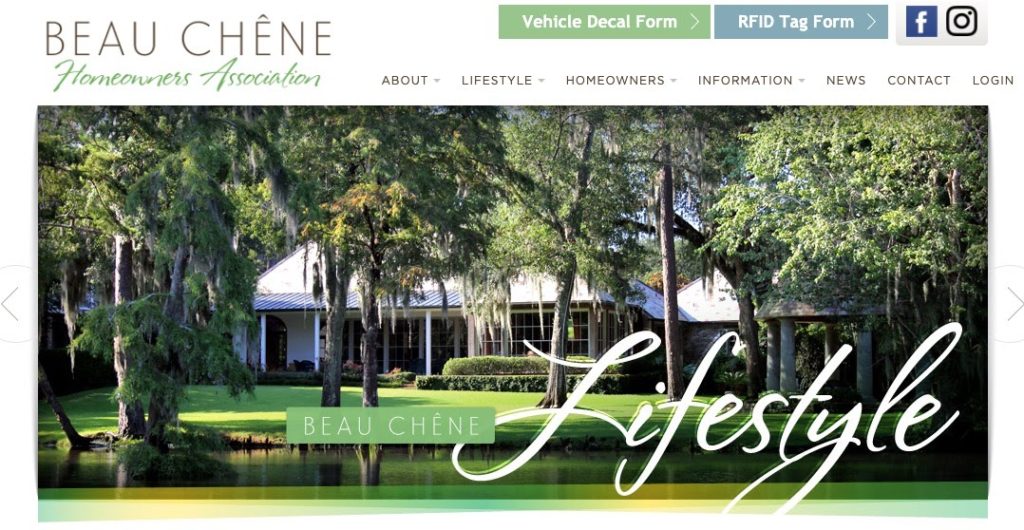
Homeowners Association (HOA) is an organization that makes and enforces rules for a real estate property and its residents. These rules are usually known as Covenants, Conditions, and Restrictions (CC&Rs).
Homeowners elect an HOA board to preside over the association and act on behalf of their members. But how do townhouse and condo HOAs differ?
Townhouse HOA: Townhouse HOA helps in maintaining the neighborhood and protecting the property values. Here are the other things a typical townhouse HOA handles:
- Snowplowing
- Trash removal
- Neighborhood road and sidewalk maintenances
- Landscaping and caring for the communal laws
- Mediates on property-related disputes
- Management of HOA fees
- Maintenance and appearances of home (including the type of paints, decor, and quality of repair materials to use)
- Legislations and enforcement of living conditions and restrictions as contained in the townhouse governing documents.
Some townhouses provide some shared amenities and common areas like swimming pools, children’s playgrounds, gyms, and others. The HOA also manages these facilities if they are available.
Condo HOA: Condo HOA handles more responsibilities than townhouse HOAs. Of course, this is because they manage their entire property while the condo owners are only responsible for their units.
Here are the other responsibilities they handle in addition to the ones listed above:
- Maintaining the property exteriors and handling roof repairs
- Taking care of the insurance and property taxes
- Managing the common areas and amenities in the property and setting rules for them
Verdict
HOAs are more active in condos.
They manage every aspect of the property. The condo owners are only responsible for obeying them — no matter how absurd those rules sound and also maintaining their units’ interiors.
The HOA is as good as the people who run them. A well-managed HOA can make living in a condo pretty easier and enjoyable, while the wrong ones could make life in a condo hellish.
Condo and townhouse owners pay monthly HOA fees that enable the HOA boards to carry out their mandates. These fees vary depending on what the HOA covers and the amenities they provide.
A typical condos’ HOA fees are significantly higher than those paid by townhouse owners.
Maintenance Cost
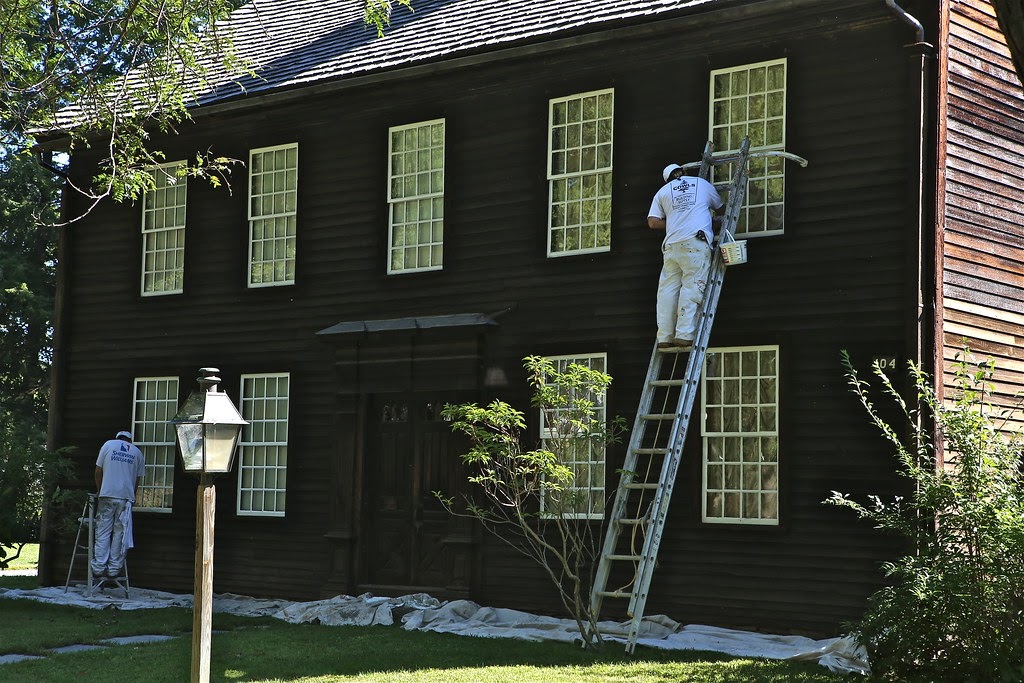
Townhouses and condos require a monthly maintenance budget. But how do they compare in terms of maintenance cost? Here’s what we found.
Townhouse Maintenance Cost: Having someone else take care of the maintenance is a huge plus, but townhouse owners take care of their maintenance, of course, per their requirements and needs.
From electricity issues, plumbing, and other house care and maintenance issues, townhouse owners carry them out according to their requirements and bear the cost without sharing them with the other homeowners in the townhouse community.
For instance, if house A requires lawn care, the homeowner will have to call the lawn care service and bears the cost alone. However, the HOA maintains the common areas with the HOA fees.
Also, townhouse owners are solely responsible for paying taxes on their homes and the land around them. The homeowner’s insurance also covers both the interior and exterior parts of the building.
Condo Maintenance Cost: Unlike townhouses, a condo’s insurance covers only the interior since that’s the only part of the property they own.
However, they might contribute monthly fees through their HOA to cover insurance for other parts of the property.
A condo’s maintenance cost is minimal since the owners have to look only after their condo interiors and not the open spaces and shared amenities, taken care of through their monthly HOA fees.
Property taxes are dependent on the property’s square footage, how much land the owner owns, the number of rooms, and the neighborhood. Condo owners’ taxes typically cover their units’ interior, which takes lesser square footage than a townhouse residence.
Verdict
The maintenance cost of a condo is lesser than what it takes to maintain a townhouse. And here are the reasons:
- Condo owners are responsible for their interiors alone.
- The HOA takes care of the exteriors and the common areas, and the condo owners split the maintenance costs between themselves.
- Like condos, townhouse owners also pay HOA fees to maintain the common areas, though these fees are typically lower than those of condos because of their smaller common areas.
- Townhouse owners are individually responsible for their home’s interiors and exteriors and bear the total maintenance costs.
- Insurance and property taxes on townhouses are also significantly higher.
Resale Value
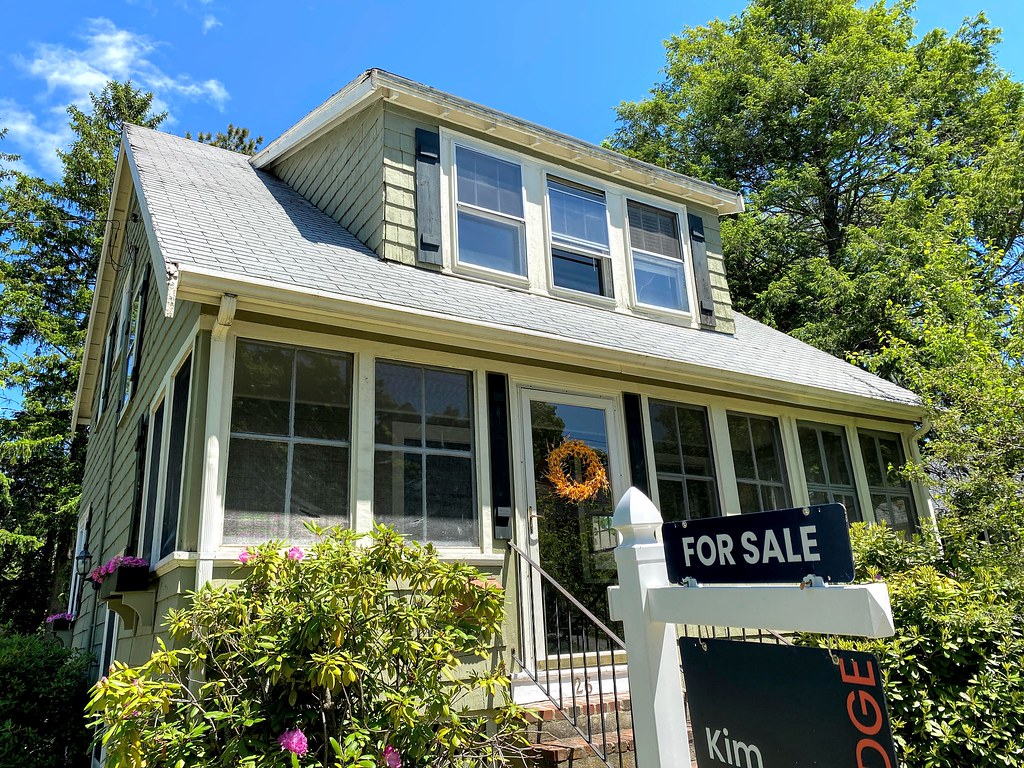
Resale value is the amount developers or valuers expect a property to sell for in the future. How do condos and townhouse residences compare in terms of resale value?
Let’s dive into that.
Townhouse Resale Value: Many things come into play to determine the resale value of a property at any point in time. Some of these include:
- Closeness to a quality local school
- Safe and quiet neighborhood
- Closeness to social amenities like shopping malls, parks, health facilities e.t.c
- Three or more bedrooms — that’s family-friendly
- Considerable storage space
- Closeness to the downtown
- Play areas for children
Townhouses have high resale values. A typical townhouse ticks most of the items above.
Condo Resale Value: A condo also has a high resale value. It also ticks most of the above items.
Verdict
Condos and townhouses have higher resale values because they are usually the first port of call for inexperienced home shoppers or first-time home shoppers.
Townhouses offer freedom, independence, and separate front and back yards, so many people are willing to pay for this.
On the other hand, the condo’s low purchase and maintenance costs compared to other housing options also make it attractive to home shoppers.
Statista’s data shows that the median price for a townhouse or condo in the state of Florida in 2020 was $215,000,(2) up from $192,000 in 2019 and $106,620 in 2012. These numbers translate to a 12 percent appreciation rate after a year and 102 percent after eight years.
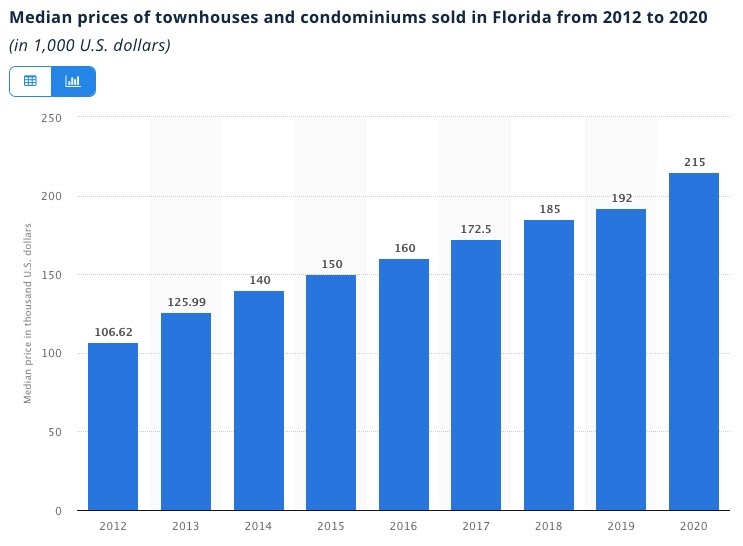
The staggering appreciation rates show condos and townhouses have high resale value in Florida, and of course, this also rings true for other parts of the United States and the globe.
Amenities
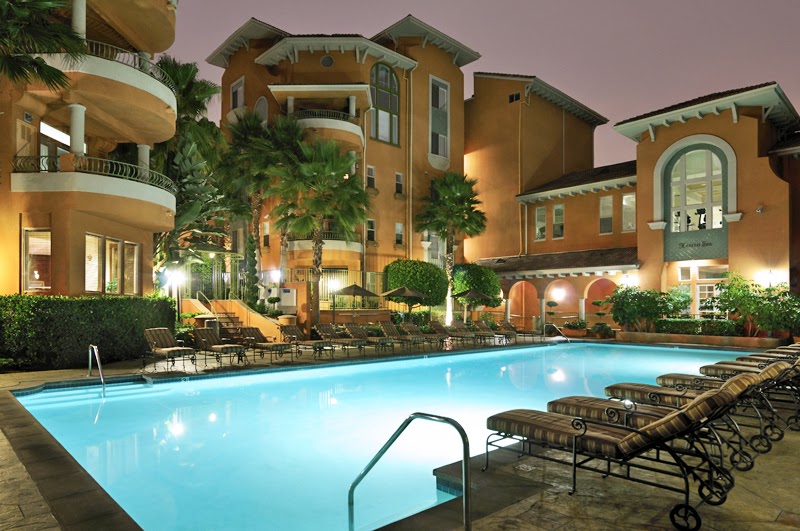
Condo and townhouses both offer good housing amenities. But which of them offers more? Let’s take a look.
Condo Amenities: A typical condo offers residents impressive suites of amenities. Some of these facilities might include:
- Gym
- Party room
- Rooftop barbeque area
- Open terraces
- Meeting room
- Yoga room
- Swimming pool
- Garage
- Tennis court
- Security
However, the residents share these amenities and collectively maintain them.
Townhouse Amenities: Some townhouses offer house amenities that are similar to those of condos and apartment complexes. And just like in condos, the residents share the amenities.
Townhouse owners pay HOA fees that cover amenities and maintenance costs.
Verdict
Though both condos and townhouses provide a good number of amenities, a typical townhouse cannot rival a condo’s amenities collections.
Security
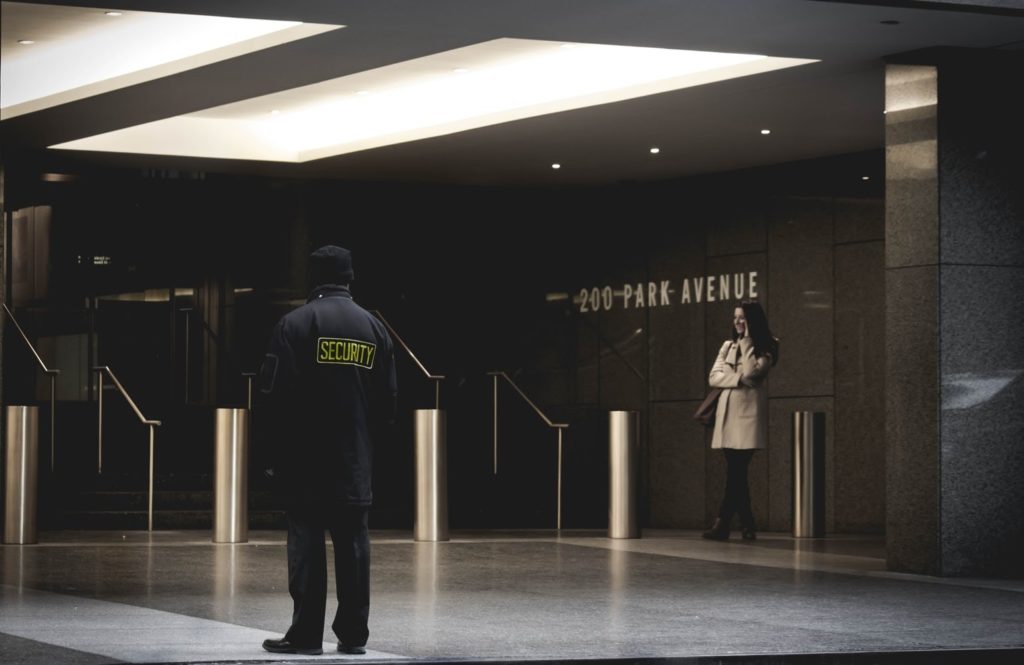
Security is one of the best selling points when it comes to real estate. What level of protection do condos and townhouses offer their residents? Let’s find out.
Townhouse Security: Unless you’d be buying your security system, which could be expensive, townhouses don’t provide security services to their residents.
Again, the doors and windows leading onto the street make them look pretty unsecured.
Condo Security: Condos offer a better level of security to the residents. The units are close together, and the HOA provides additional security services and gadgets.
Most condos have CCTV installations, alarm, and access control systems.
Verdict
Condos are typically more secure than townhouses.
The windows and doors don’t open to a busy street, and the condo HOA provides additional security service and gadgets to the residents.
Townhouse owners can up their security by installing security systems, which could be pretty much, but there is nothing they can do about their windows and doors leading onto the street unless fencing the entire property.
Privacy
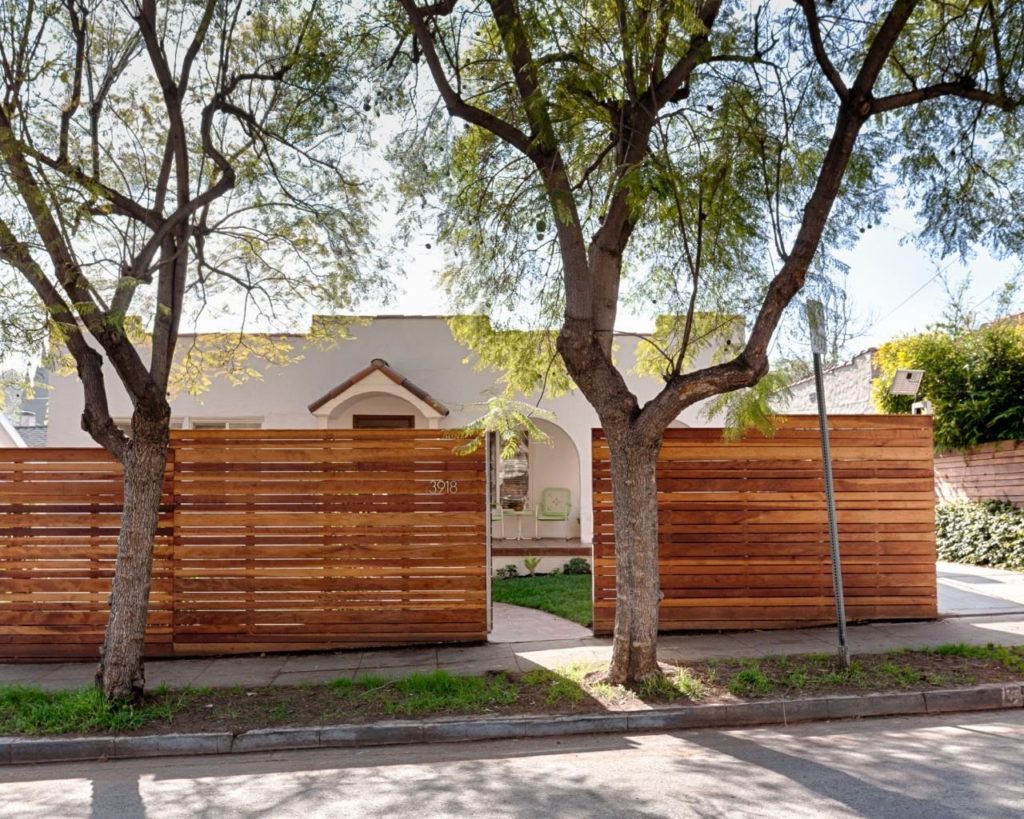
Both a condo and townhouse can’t compare to a single-family house when it comes to privacy. But which of them offers better privacy to the residents?
Townhouse Privacy: The townhouse feels like you’re living in your own house, except that you share walls.
They often come with an entrance space or a patio and a backyard, possibly, a private garage, giving owners some level of privacy from neighbors.
Since most townhouses sit next to a street, some owners might not feel protected from outsiders’ prying eyes.
Condo Privacy: It’s unlikely you’ll leave and enter your home without bumping into someone.
Aside while inside their units, condo owners share virtually everything with their neighbors. Some of these include:
- The staircase or elevator
- Parking spaces
- The common areas like gym, clubhouse, terrace e.t.c
The property probably compensates for less privacy by protecting from unnecessary public attention.
Verdict
The choice here boils down to who you want the privacy from. Townhouses offer better privacy from neighbors than a condo, while condos provide much more protection from public glare and scrutiny than a townhouse.
Residents’ Freedom

How much freedom do condo and townhouse owners enjoy? Here, we’ll find out.
Condo Residents’ Freedom: Condo owners interact more with the HOA than the other real estate options.
The HOA makes rules that guide virtually every activity in the building and the common areas. The residents have to obey them, of course, limiting their freedom to make individual decisions.
They only have complete control over things that happen inside their units and have little say on outside matters, like on the rules for using the common areas or keeping pets.
Some HOA has rules for the number of kids per unit, light bulb color to use, and some go as far as forbidding flying the American flags. (3) Some HOA rules and restrictions could be stifling, overreaching, and utterly absurd.
However, the right HOA can make living in a condo feel like a luxury.
Townhouse Residents’ Freedom: Townhouse residents enjoy some level of freedom, but they are not entirely let off.
The HOA regulates the materials residents use in renovating their homes, the decorations they put up, and even their choice of color paints. They have a say in everything they do outside their walls.
Of course, these stifling restrictions could deny residents the freedom to express themselves the way they want.
Verdict
Townhouse owners enjoy more freedom than condo residents.
HOAs have overbearing influence in a condo, unlike in townhouses, and some of their rules are unusual, weird and some sound stupid.
An HOA board fined a woman $25 a day for walking the dog through the lobby. In another case in Fort Myers, FL, an occupant was fined $100 a day for using a shopping cart instead of a walker.
Community Lifestyle
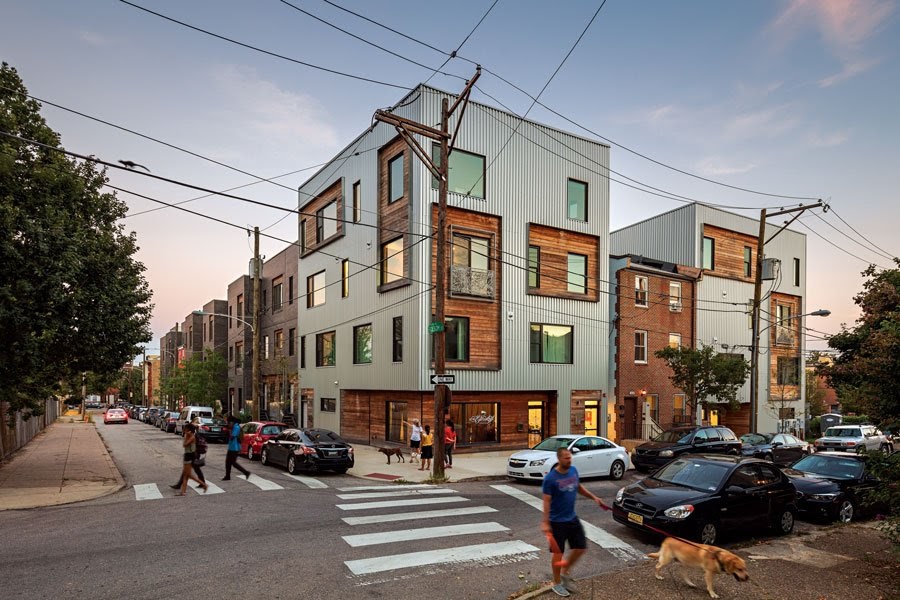
Condo and townhouses offer residents opportunities for pro-social friendship and intense interpersonal relationships. But which among them offers residents a more community lifestyle?
Let’s find out.
Condo Community Lifestyle: A condo takes community living steps further. It provides residents benefits of a tight-knit community and opportunities for more socializing.
Condos have more people living more closely together — meaning more friendly neighbors. The residents have access to common areas and a communally shared swimming pool, gym, lounge, and more, making it easier for them to cross paths and interact more often.
Some HOAs hold events to foster community among residents.
Townhouse Community Lifestyle: A townhouse has separate entrance areas and offers almost the same feel as a single-family house. It’s less likely for townhouse residents to bump into each other nearly all the time, like in condos, and share quick moments.
So it offers residents a lesser community feel.
Again, since townhouses have fewer common areas, residents have lesser opportunities for socialization and interactions.
Verdict
Condo offers more community feel to residents. It has more people living together and sharing common areas, and it’s natural for people living in condos to cross paths daily.
Final Verdict: Townhouse vs. Condo
Now that you know the difference between a townhouse and a condo, which of them is right for you?
Although both housing types have advantages and disadvantages, they share striking similarities in many areas. Regardless of which one you buy or rent, pay attention to the fine prints.
Understand the conditions and covenants of the property’s HOA. Consider your lifestyle choices and resale interests, among other factors discussed in this article.
